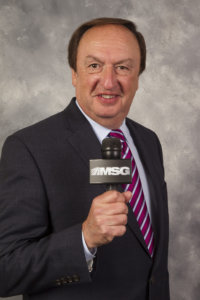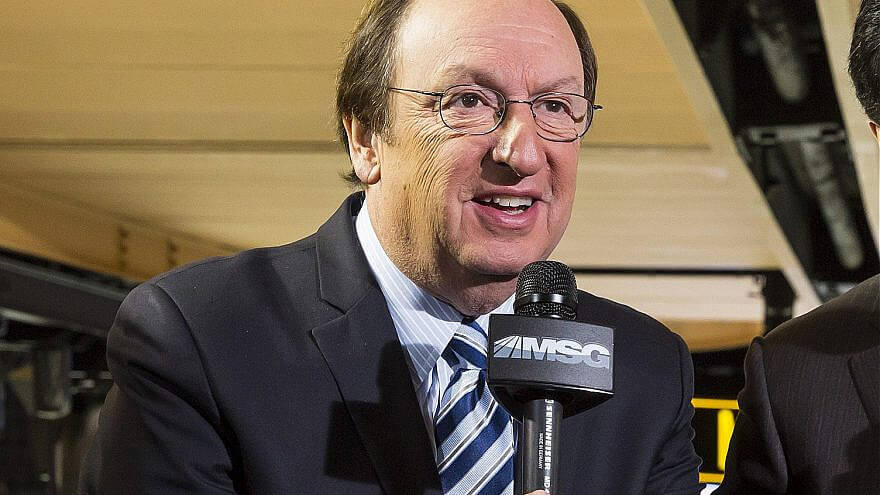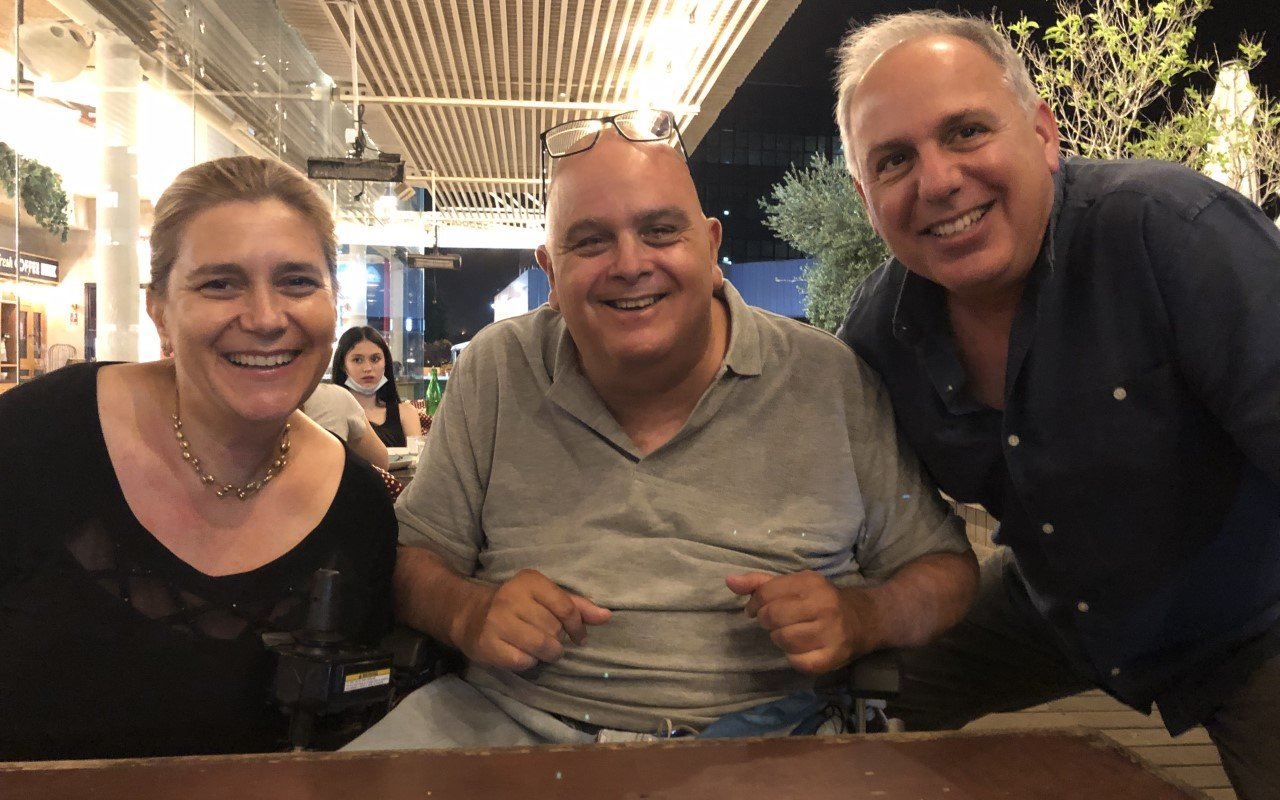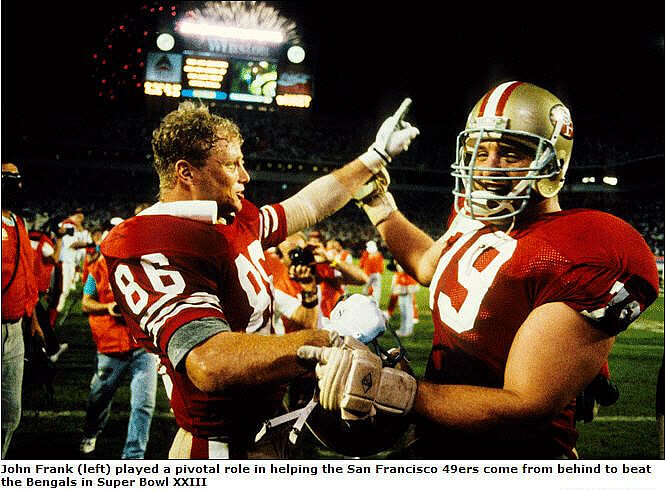Original Article Published on The JNS
The man who knows what it’s like to wait says he can’t wait for the post-COVID era, when he can return to getting to know the hockey players he has historically spent so much time with.
Legendary New York Rangers play-by-play sportscaster Sam Rosen is best known for his call in 1994 when the Rangers won the Stanley Cup for the first time in 54 years. New Yorkers can recite his call by heart: “The waiting is over—the New York Rangers are the Stanley Cup Champions! And this one will last a lifetime!” Yet this famous call is only one of many great moments in his 73 years thus far. The personable, knowledgeable Rosen recently spoke to JNS about his love and affection for the Rangers, sports, Judaism, coping during the coronavirus pandemic, and yes, his late mother.
Sam Rosen was born Samuel Rosenblum in 1947 in a DP camp in Ulm, Germany. His father left Poland just before the Nazi invasion in 1939 and escaped to Russia, where he worked as a tailor, sewing uniforms for the Russian army. Rosen’s brother, Stephen, five years Sam’s senior, was born in Russia in 1942.
The Rosen family immigrated to America in 1949, where young Sam quickly got his start playing and watching sports. “My father was a tailor and got into dry cleaning. My mother got us off to school and helped out in his store until 7 p.m. We lived in Boro Park, across from PS 160. Sports occupied our time. We’d go out in the mornings on Saturdays and Sundays, and over the summer and stay out all day—until our mother yelled for us to come in for dinner.” Rosen fondly recalls playing “all sports,” including stickball, punchball, baseball, softball and basketball. “It was a great way to avoid trouble and stay healthy,” he notes.
Rosen also went to Hebrew school in the neighborhood and had what he called a “fairly small” bar mitzvah, celebrated at a catering hall on Manhattan’s Lower East Side. He says he is proud of his Jewish identity—visiting Israel several times, where he has relatives, and reporting that his children and grandchildren also attended Hebrew school and celebrated b’nai mitzvahs. He and his wife have attended New City Jewish Center in New City, N.Y., for years, affectionately recalling their late, longtime Rabbi Henry Sosland, who died in 2019. “He was a mainstay and a rock. It was sad to see him pass,” says Rosen.
As Rosen became more active in sports as a teenager, his attendance at religious school and synagogue dropped precipitately, saying “it became too much with high school baseball.” Rosen attended the prestigious Stuyvesant High School, where the catcher served as captain of the baseball team, ran track and played intramural basketball. He also played baseball at the City College of New York.

In addition to playing sports, Rosen began attending athletic events. His amazing recall for events that took place more than 60 years ago seems to reflect an encyclopedic knowledge and a deep love for all things sports. Rosen remembers attending various events at the old Madison Square Garden in Manhattan, including college basketball, NBA double-headers and Rangers games. “There would be a game at 6, and the Knicks would play at 8. We’d take the subway to MSG, get out at 49th Street and get in early when the doors opened at 4:30 to get a good seat—we’d run up the balcony!”
In those days, Rosen reports that hockey was played only on Wednesdays and Sundays. “I was a regular,” he says, looking back fondly on those days. “It was a different time. It was a great time!”
Even his Eastern European parents began to warm up to American sports. “My father became a baseball fan. He watched the Brooklyn Dodgers on TV. One time, we had an argument over curveballs. He said there is no such thing! He couldn’t understand.” The Rosen parents proudly attended Sam’s summer league and American Legion baseball games.
They even began to understand his broadcasting career—somewhat.
From an early age, Rosen taped himself doing play-by-play of Rangers games. Rosen, who still has a clear, booming voice, was the studio host on Rangers games from 1982 to 1984, and began doing play-by-play in 1984. He is known for his extensive knowledge of hockey and for his signature phrase: “It’s a power-play goal!” He reports that “my father understood my broadcasting career. He was proud of my work with Channel 8 in New Haven, Connecticut.” Rosen covered sports on the weekends.
He notes that his mother—not unlike many Jewish mothers at the time—encouraged him to go to law school. But he reminded her that he was “doing well in my MSG job, doing nicely.” He never did attend law school.
‘I miss sitting in the locker room’
While each season offers great moments and memories, Rosen acknowledges that “nothing beats taking part in the championship season.” He reflects on all of the highlights of that special season. “To have grown up following the Rangers and to see years of frustration until finally winning a championship season—54 years! To see it unfold at MSG with the building electric and literally shaking. To be part of it—the parade down the Canyon of Heroes and to City Hall for a huge celebration … ”
And he’s known some personal fame, too. On June 8, 2008, Rosen was inducted into the National Jewish Sports Hall of Fame. On Nov. 14, 2016, Rosen was enshrined as the Foster Hewitt Memorial Award winner for outstanding contributions as a broadcaster by the Hockey Hall of Fame.
The past two seasons, which have taken place during the pandemic, have been a bit frustrating as they have impacted Rosen’s ability to meet with the team and others in the sports world in person. “I remember when the season first got suspended on March 20,” recalls Rosen. “The team was in Denver, where we lost to them in overtime in an exciting time in front of a packed house. There were rumors that basketball was being suspended. When we got to the airport, we were either going to Phoenix to play in two days or back to New York; we went back to New York.”
The season was suspended, and Rosen and his wife spent March through the end of June in Florida during what he says was “a strange and unsettling time.” He returned to covering hockey on Aug. 1 last year as the Rangers competed in the first round of the NHL playoffs. He says he was more than happy to return to hockey this season “in our own arena and not in a bubble.” And while the schedule resuming in January was a relief, like so many others, he misses a full arena of fans.
He says he can’t wait for the post-COVID era, when he can return to getting to know and develop relationships with the hockey players he has historically spent so much time traveling and socializing with. “I miss sitting with them in the locker room, learning about a player growing up in Russia or Finland. I miss this part,” says Rosen. And while he hasn’t yet sat at length with Jewish Rangers player Adam Fox, he hopes to do so, noting that “Fox has become a star in his second season in the league. He is now a top player in the league.”
As far as Rosen goes, the septuagenarian has no plans to retire anytime soon. “I just love what I do—I still do as much as on my first day. And thank God, my health is still good!”







